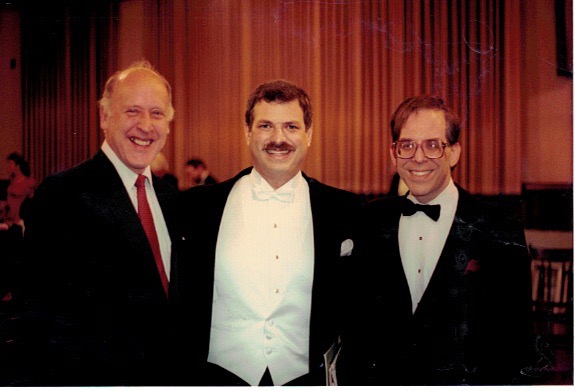The Voice!
November 2023 Featurette.
From the Editor,
Then & Now!
Kimberly Steinhauer, PhD
President, Estill Voice International
Pittsburgh, PA
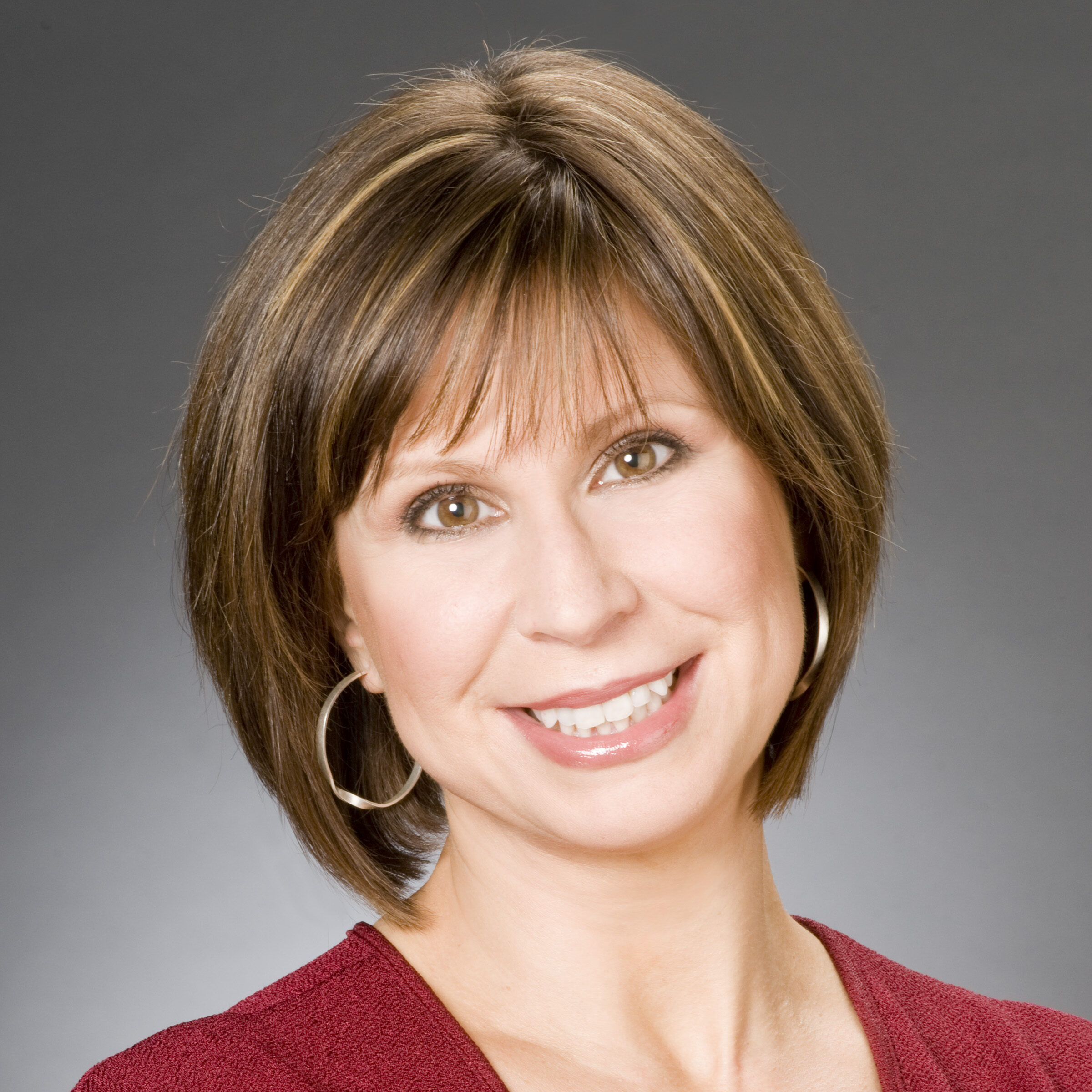
From the Editor, Then & Now!
Kimberly Steinhauer, Ph.D.
President, Estill Voice International
Pittsburgh, PA
Welcome to this special investigative issue focused on uncovering the motivation, devotion, and drive behind The Voice Foundation Leaders…Then & Now. I’m keeping it current and borrowing from those popular “Then/Now” social media memes. Back then, I hoped to combine my love of music with my interest in science and my joy of teaching. I can say that I did pursue undergraduate, graduate degrees, and a career that combined all three; and now, I am still devoted to voice as a singer, researcher, and educator. I aspired to be part of The Voice Foundation community then, and I am happy editing for the newsletter now. (Although, I must confess that my “now” photo is a bit “then!”)
The 2023 Symposium’s G. Paul Moore Lecture, by the accomplished Ms. Margaret Baroody, M.M., highlighted the institutional knowledge of The Voice Foundation. Her scintillating speech sparked the genesis for my probing survey, “Ten Questions for our Leaders.” I’m grateful for the answers from our Executive Director, Ian DeNolfo, our Advisory Board Chairman, Dr. Michael Johns III, and our Chairman of the Board, Dr. Robert T. Sataloff. Although they all acknowledged the many others working behind the scenes, I hope you enjoy seeing and learning from the core of our Voice Foundation Leadership team, Then & Now.
Ian DeNolfo,
Executive Director
Learn more about our Executive Director, then & now!
Ian DeNolfo, M.M.
The Juilliard School
Curtis Institute of Music
It Starts with Why?
Why did you decide to devote your career to voice, then?
I spent my youth singing barbershop and some musicals. Late in high school I had the wonderful opportunity to attend Interlochen Music Camp, where I was first introduced to classical singing. It was thrilling an led to an overwhelming desire to be part of that musical world!! I then started college as an Economics Major at U-Mass but still pursued singing; and was fortunate to study with the renowned Oratorio tenor, John Humphrey. Soon my love of singing lead to an audition at The Juilliard School, where I finished my Bachelor’s degree under the guidance of the great Met tenor, Enrico DiGuiseppe. It was Ricky that cemented my passion for the stage, singing great tenor arias, tag-team fashion, in his studio was truly incredible!
My education continued at The Curtis Institute in Philadelphia. I then began my international career, eventually working as a leading tenor in many of the world’s great opera houses, including the Metropolitan Opera, Teatro alla Scala, Chicago Lyric, Washington National Opera (Under the direct tutelage of Placido Domingo) and many more.
Why do you continue to devote your career to voice, now?
Tragically, as my career was blooming, I suffered through the onset of a voice disorder that ultimately ended my professional singing career. Understandably, this makes my work with The Voice Foundation deeply personal; our work is vital to the health and safekeeping of future generations of vocalists
It Continues with What?
What was the best vocal advice you received, then?
By far, the most critical advice, advice I did not always follow, was to know when to say “no” to roles that come along that may be better suited for later in your career. Also important was to surround myself with a team of professionals (teachers, coaches, doctors, therapists) that I trusted implicitly.
What is the best vocal advice you give, now?
Still giving that same advice!!
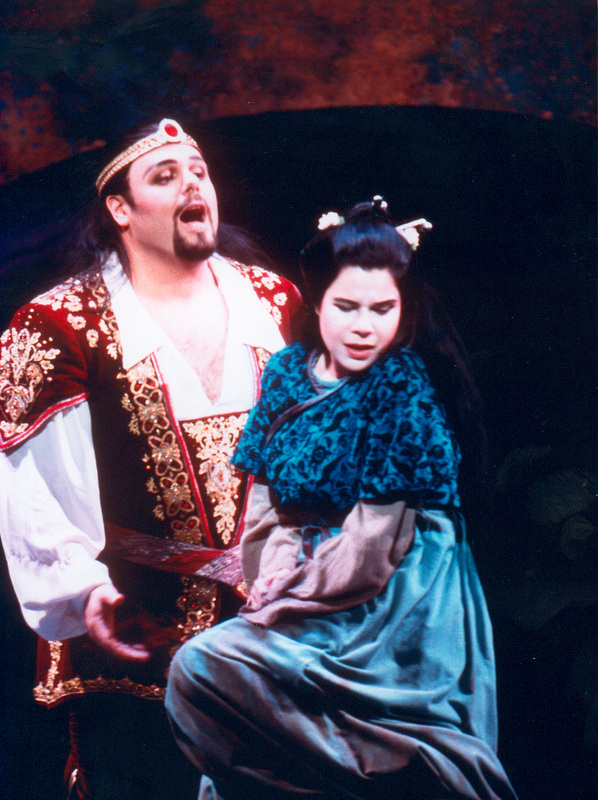

And How?
How did your training best prepare you for your career, then?
I am lucky enough to have had the best training in the world, Juilliard and Curtis. It centered on the core aspects of voice production, language fluency, and stagecraft, with abundant theory and ear training. I had access to opera at the highest level, across the street from The Met, and was taught and coached by a generation of artists who had drawn their collective knowledge from the greatest traditions that had shaped modern operatic vocal production.
How would you modify that training for others on your same career path, now?
My current work with The Voice Foundation has made me realize there could have been an essential place for voice pedagogy at the conservatory level. The thrust of my conservatory experience was really focused on preparing for the stage. I’m sure I would have benefited from some education in anatomy and medical treatments of the voice and, most importantly, injury prevention.
And Where?
Where were the trends in voice performance, pedagogy, and treatment headed, then?
Sadly, my experience as a young singer did not expose me to much education in pedagogy or treatment. Dare I say, there was somewhat of a stigma against much discussion about vocal disorders or injury. I think there was a huge, missed opportunity in educating the singers collectively.
Where do you wish to direct the trends in voice performance, pedagogy, and treatment, now?
I am hopeful that the work we do at The Voice Foundation will help to educate not only the current and future generations of doctors, voice scientists, therapists, and teachers but also to find its way into the classrooms of all voice students. Injury and illness prevention is critical knowledge that should be included at the earliest stages of vocal training.
And Ends with Who?
Who are your favorite speaking voices, then & now?
Then: Kevin Kline, John Wayne, Marilyn Monroe
Now: Morgan Freeman, Patrick Stewart, Cate Blanchett
Who are your favorite singing voices, then & now?
Then: Jussi Björling, Beniamino Gigli, Bing Crosby
Now: Renée Fleming, Adele, Luciano Pavarotti always!!
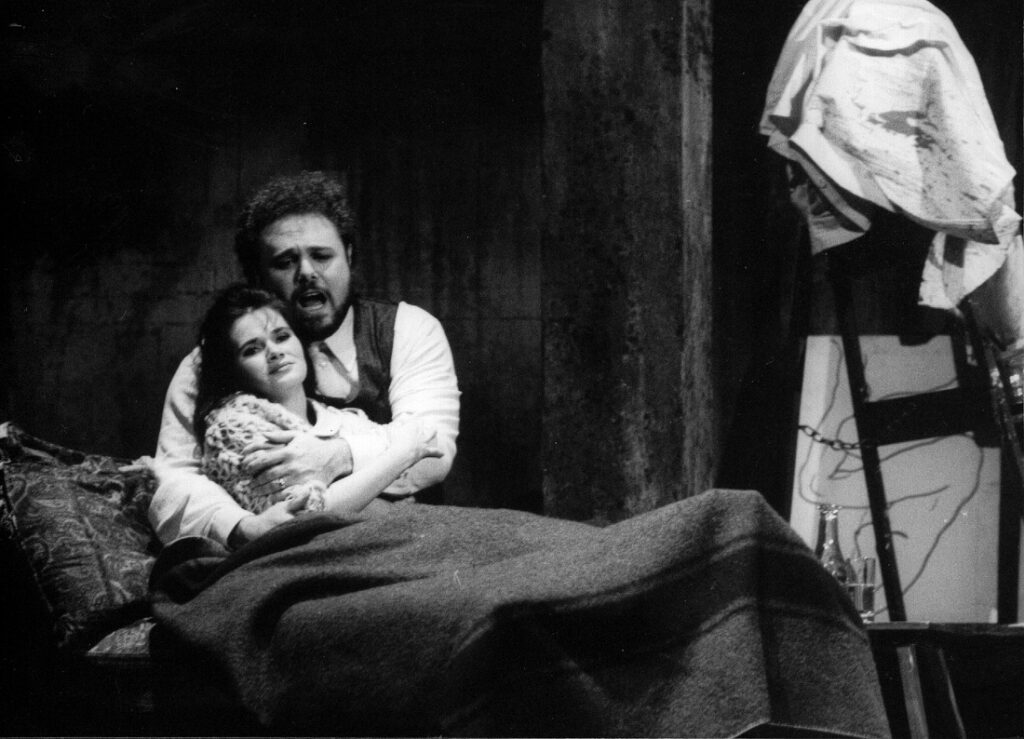
Michael M. Johns III, MD
Advisory Board Chairman
Learn more about our Advisory Board President, then & now!
Michael Johns, M.D.
Director, University of Southern California Voice Center
Division Director, Laryngology
Professor, USC Caruso Department of Otolaryngology Head and Neck Surgery
Los Angeles CA
It Starts with Why?
Why did you decide to devote your career to voice, then?
I became interested in voice, voice disorders and laryngology in residency at the University of Michigan. It was the mentorship of pioneer fellowship-trained laryngologist, Dr. Norman Hogikyan, that inspired me to pursue a career in laryngology and care of the performing voice.
Why do you continue to devote your career to voice, now?
While much new knowledge has been gained over the past two decades, mysteries of the larynx and voice remain. Seeking to unravel these mysteries for people suffering from voice disorders inspires me every day.
It Continues with What?
What was the best vocal advice you received, then?
This was from Mark Haxer when I was a resident: “let me help you get out of that vocal fry and you’ll be a more effective communicator and physician.”
What is the vocal advice you give, now?
“Fundamental principle of medicine: Treatment shouldn’t be worse than the disease itself.” If it is, let’s rethink what we are doing. This is a reflection point I have with my patients for shared decision making around challenging problems.
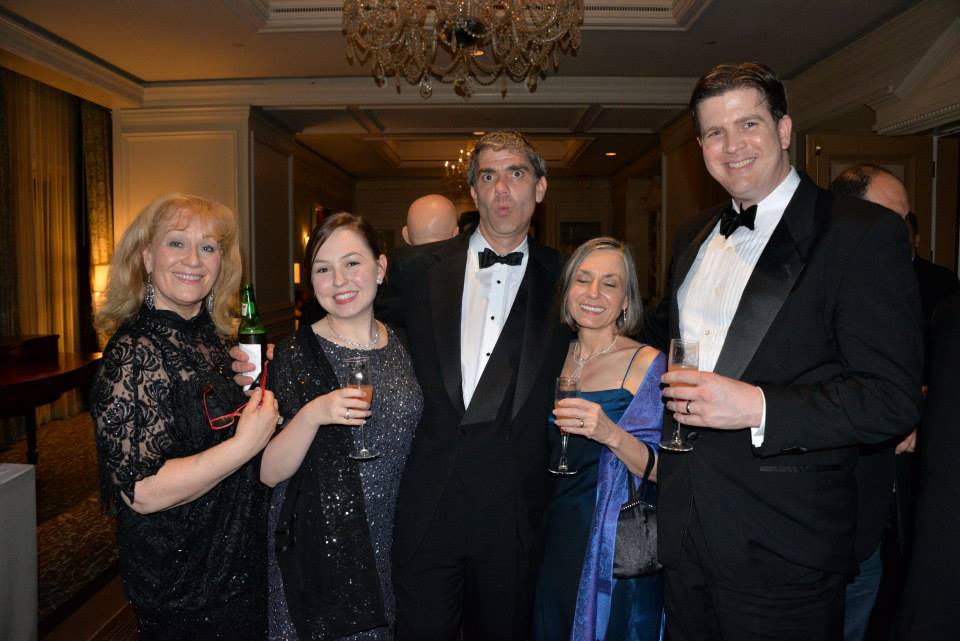
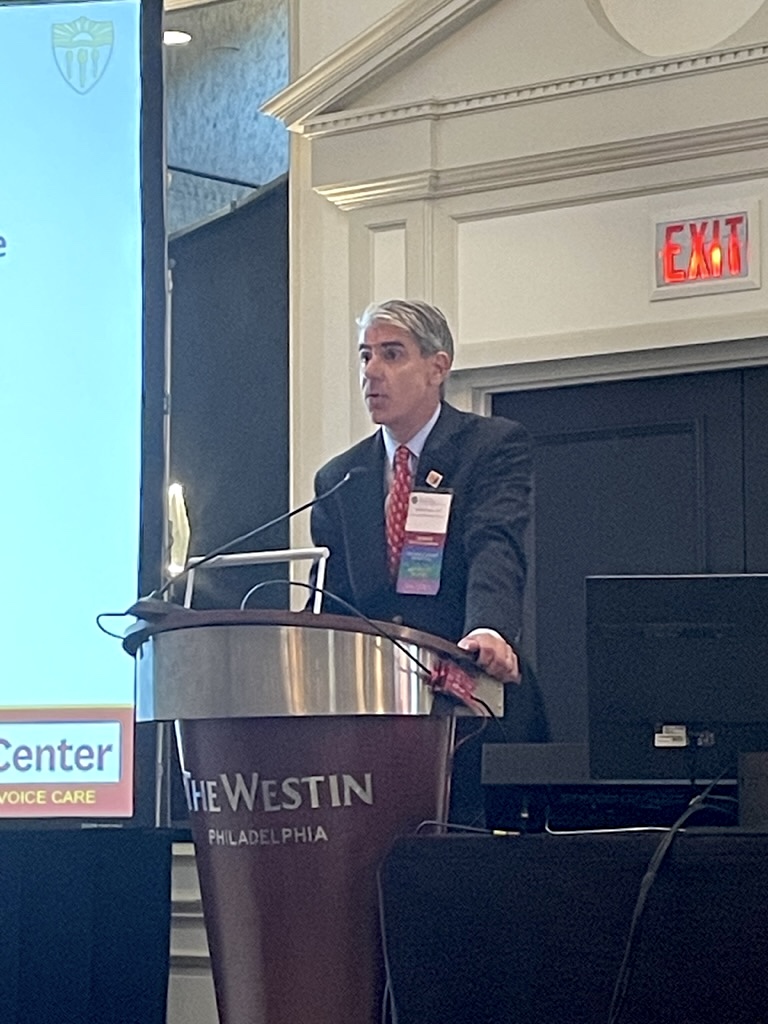
And Ends with Who?
Who are your favorite speaking voices, then & now?
I have always had a soft spot for Tom Brokaw’s and Diane Sawyer’s voice. Bob Sataloff’s voice always makes me pleased. Mickey Rooney had a special unique quality for sure.
Who are your favorite singing voices, then & now?
Favorite vocalists both then and now = Jerry Garcia, Karen Carpenter, Stevie Nicks, and Peter Gabriel.
And How?
How did your training best prepare you for your career, then?
Core fundamentals were well instilled in me through my residency experience at University of Michigan. Mentorship from Norm Hogikyan to pursue a fellowship in laryngology at Vanderbilt was a cornerstone towards developing clinical mastery
How would you modify that training for others on your same career path, now?
I wouldn’t!
And Where?
Where were the trends in voice performance, pedagogy, and treatment headed, then?
It was mostly about the evils of gastric reflux then. We’ve learned so much since.
Where do you wish to direct the trends in voice performance, pedagogy, and treatment, now?
Towards preventive and personalized care
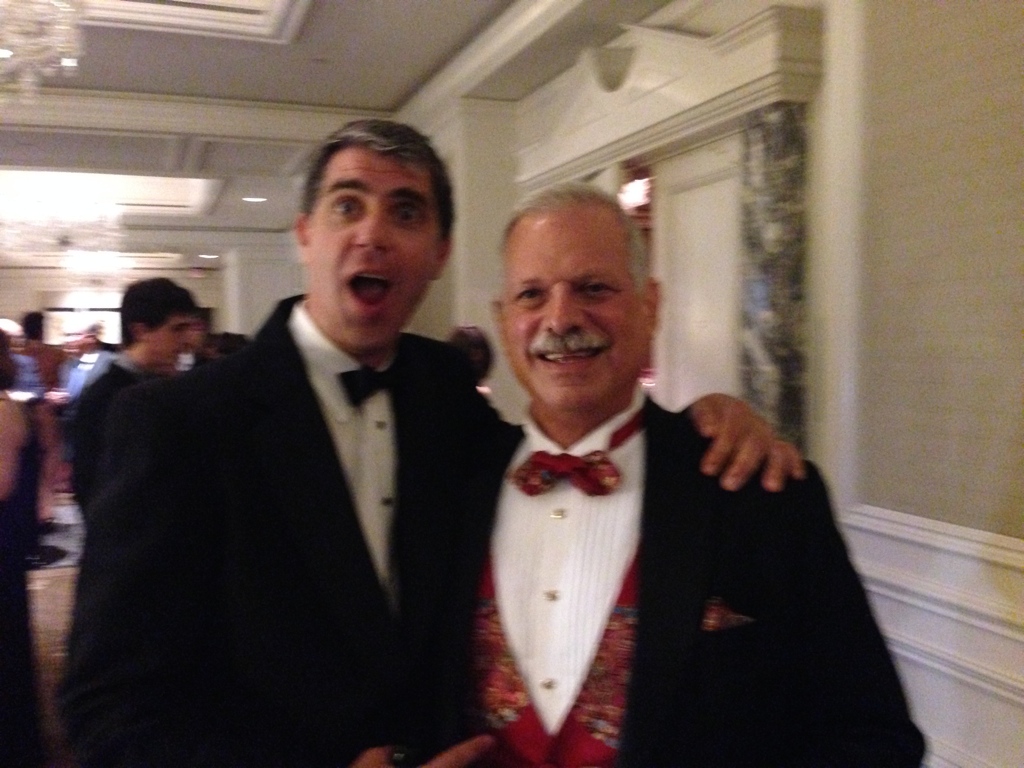
Robert Thayer Sataloff, MD, DMA, FACS
Chairman
Learn more about our Chairman of the Board, then & now!
Robert T. Sataloff, M.D., D.M.A., F.A.C.S.
Professor and Chair, Department of Otolaryngology – Head and Neck Surgery
Senior Associate Dean for Clinical Academic Specialties
Drexel University College of Medicine
Conductor, Thomas Jefferson University Choir
Adjunct Professor, Department of Otolaryngology – Head and Neck Surgery
Sidney Kimmel Medical College
Thomas Jefferson University
It Starts with Why?
Why did you decide to devote your career to voice, then?
Although I had planned to be an otologist from early childhood, I started to study singing when I was 13, sang professionally, and majored in music in college before attending medical school or returning to graduate school for a DMA. When I started residency, many of my music colleagues contacted me to find out what to do about voice problems. When I tried to look up the answers, very little had been published. Consequently, I had the opportunity to help develop the field and fill a major gap in academic otolaryngology.
Why do you continue to devote your career to voice, now?
It is wonderful to be able to practice medicine and work with singers and other professional voice users every day. Moreover, there is still an enormous amount of information that we do not know. Research opportunities are inspirational, as is the potential to improve clinical care even more.
It Continues with What?
What was the best vocal advice you received, then?
I had always planned to limit my practice to disorders of the ear and related structures. My father advised me that I should follow my heart and combine otology and laryngology.
What is the best vocal advice you give, now?
I advise people not to let their creative imagination get suppressed by scientific training. Medicine and research should be every bit as creative as the performing arts.
And How?
How did your training best prepare you for your career, then?
Being a trained singer, conductor, composer and singing teacher provided me with understanding and language that generally was not available in the medical or research communities in the late 1970s and early 1980s. Much of my training as a laryngologist was developed as I practiced.
How would you modify that training for others on your same career path, now?
Modification has already occurred through the creation of fellowships in laryngology, the development of graduate programs with concentrations in voice for speech-language pathologists, with striking advances in academic voice pedagogy, and with the evolution of new careers including Singing Voice Specialist and Acting Voice Specialist.
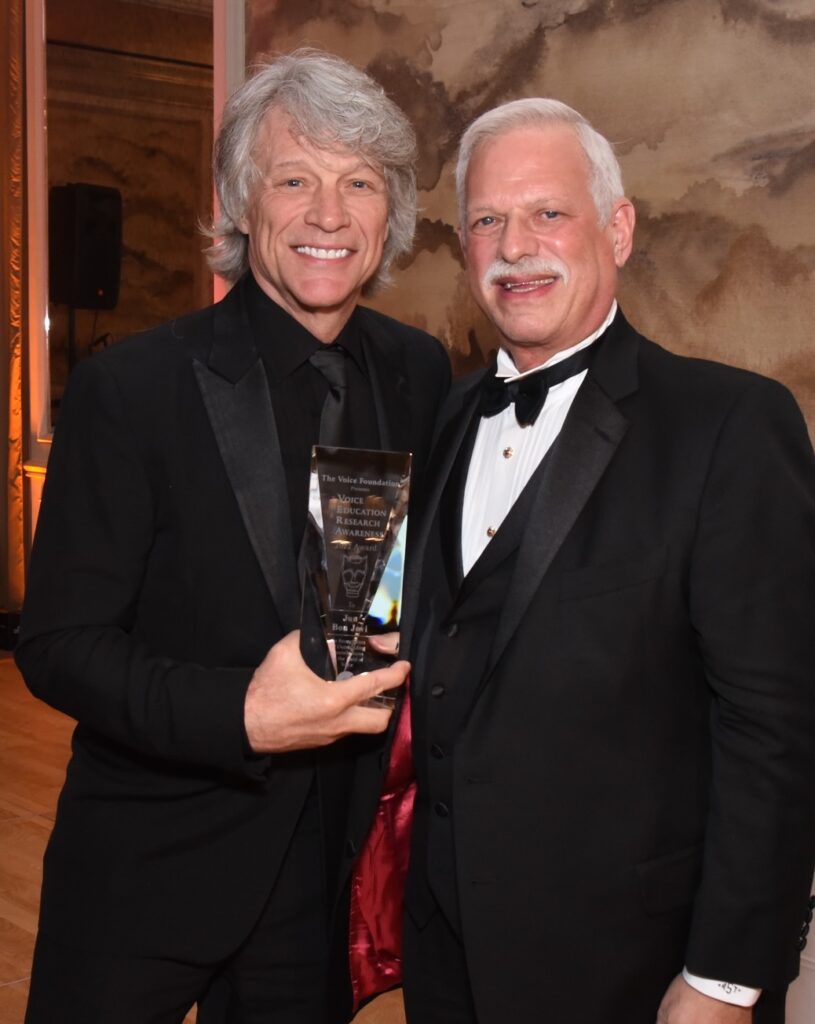
And Where?
Where were the trends in voice performance, pedagogy, and treatment headed, then?
In the 1970s, much singing teaching was anecdotal, not evidence-based; and, many singing teachers were insecure to the point of being secretive. There were important exceptions, of course. Today, the field of voice pedagogy is well-informed, wide open to incorporating evidence into teaching; and, singing teachers welcome multidisciplinary team collaboration.
Where do you wish to direct the trends in voice performance, pedagogy, and treatment, now?
All voice related fields benefit from interdisciplinary collaboration. In the future, this will hopefully involve not only the numerous clinical, research, and pedagogical disciplines involved already, but also experts from other fields who will bring their knowledge to the world of voice.
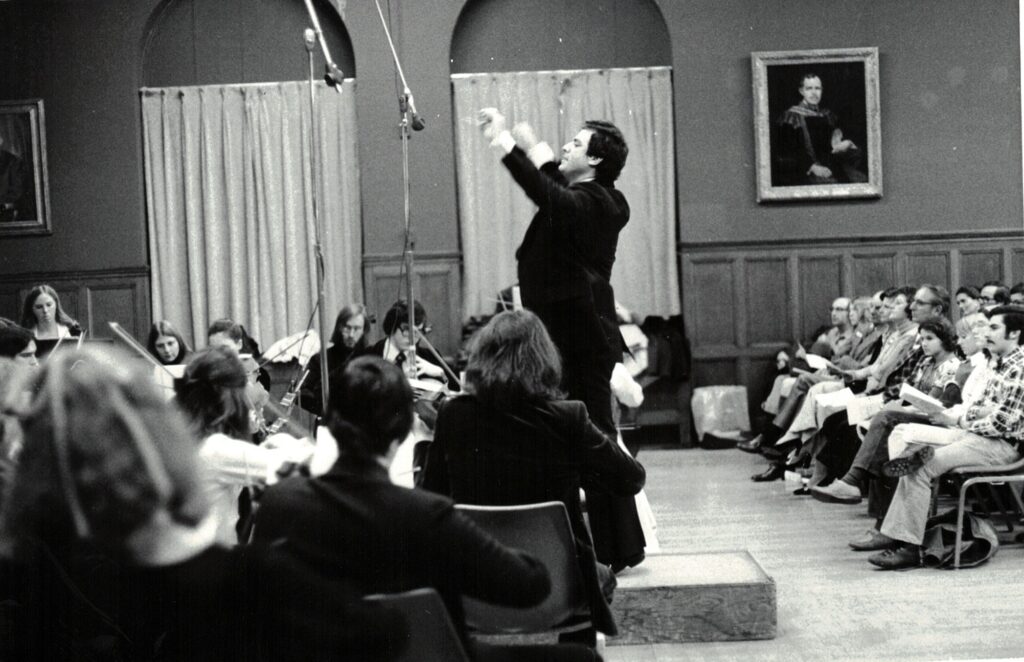
And Ends with Who?
Who are your favorite speaking voices, then & now?
James Earl Jones, Richard Burton, and the young Katherine Hepburn then; Jones, Burton, and Jim Dale now.
Who are your favorite singing voices, then & now?
Jussi Björling, Leonard Warren, Barbara Streisand, then and now.
